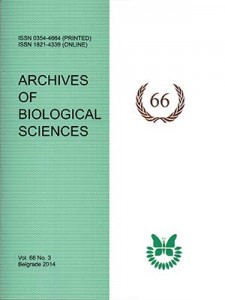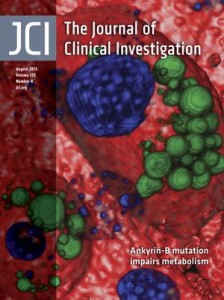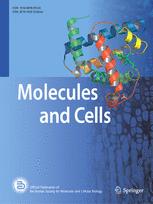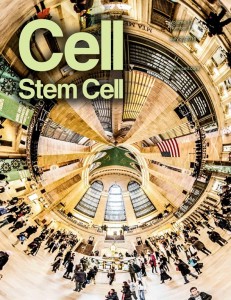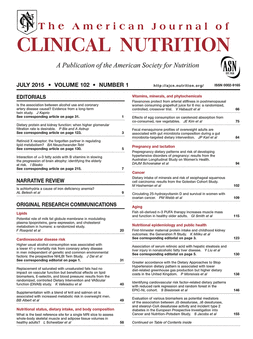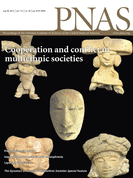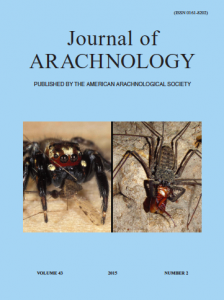 The authors of a 2015 paper about non-native spider populations in Chile are retracting it from the Journal of Arachnology because they copied the introduction of a 2011 paper verbatim.
The authors of a 2015 paper about non-native spider populations in Chile are retracting it from the Journal of Arachnology because they copied the introduction of a 2011 paper verbatim.
The retraction was triggered by the first author, who “insisted on a full retraction in lieu of milder remedies,” according to the journal’s editor-in-chief.
The paper, “Alien spiders in Chile: evaluating Darwin’s naturalization hypothesis,” tested Darwin’s hypothesis that introduced species that are phylogenetically distant from native animals are more likely to thrive. It was published in April. Authors Andrés Taucare-Ríos and Ramiro O. Bustamante are both based at the University of Chile in Santiago.
The notice reads:
Continue reading “We copied verbatim”: Authors insist on retraction for their own spider paper
